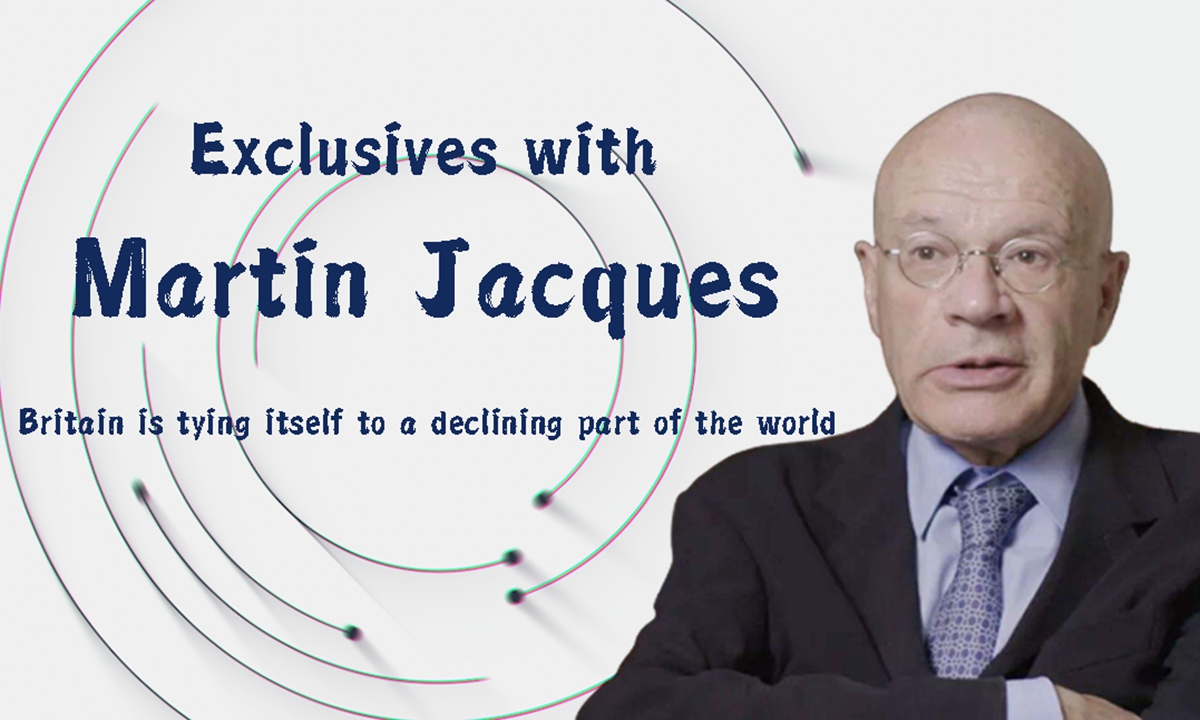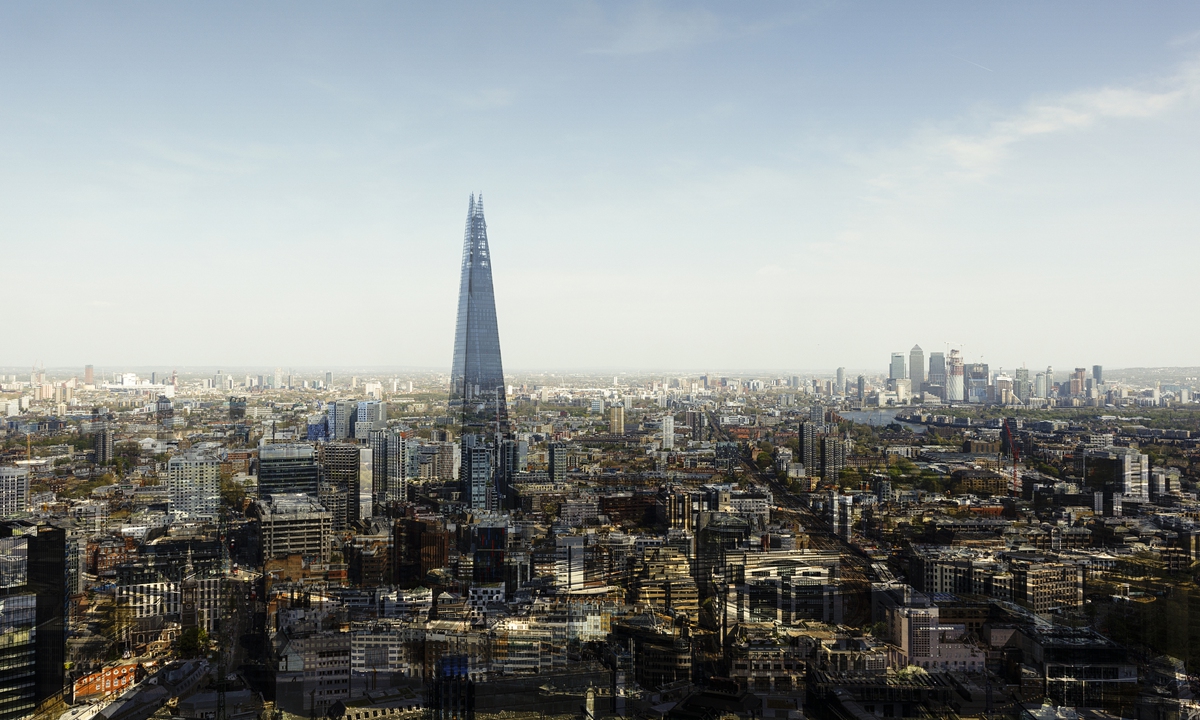Countries since independence with a young history (less than 500 years) tend to have a vast number of naturalised citizens. The United States, Australia, Singapore and Malaysia are just some of the countries that gain independence from the colonial master at that time, Great Britain. Citizens by law have sworn allegiance to the country that hey live in and they have to abide by the laws of the country.
IN the blink of an eye, I turned 60 last year. I was born in 1960, just three years after Merdeka. I have been a Malaysian citizen from birth whereas my brother, who was born eight years earlier, had to go through a naturalisation process, from a red identity card to blue identity card to finally a naturalised citizen of Malaysia.
My father went through the same process even though he emigrated from China to Malaya in the 1930s. My mother was born in Jasin, Melaka, in the late 1920s and she too had to go through the process to become a naturalised citizen.
Countries since independence with a young history (less than 500 years) tend to have a vast number of naturalised citizens. The United States, Australia, Singapore and Malaysia are just some of the countries that gain independence from the colonial master at that time, Great Britain.
Nobody can force a citizen to leave the country but citizens can make personal choices should they decide to leave and emigrate to another country. Citizens leave because of economic or political reasons, and to escape domestic civil wars.
As a country that embraces democracy, Malaysian citizens above 18 years old have the right to vote.
One citizen, one vote. Voting trends in Malaysia since independence have been by race, for example, a Malay candidate for a Malay majority constituency and so forth.
If this voting trend continues, we will continue to see the same composition of politicians by race in our Parliament in the future.
Due to slower growth rate and naturalisation policies, the minority Chinese and Indians have, by percentage to population, been on a reducing trajectory – the Chinese from 37% in 1957 to 22% in 2020 and to 18% by 2040.
It is inevitable that there will be a diminishing Chinese voice in Parliament.
With a diminishing influence in the decision making of government policies, minority communities will face diminishing share of economic and educational opportunities in this country.
What then can the diminishing minority communities do to ensure a fair share of economic and educational opportunities for the next 60 years?
As a Malaysian Chinese going into my twilight years, I have no answer to this dilemma.
Perhaps the Chinese community, especially the younger generation, would like to start a conversation on this topic.
My only advice is that the conversation tone must be positive and reconciliatory and not confrontational. It must be a win-win strategy, never a zero-sum game.
The conversation should be centered on self help within the community if no help is seen coming. The dialogue must be about the Malaysian Chinese investing their loyalty into this country in the hope of a brighter future.
The discussion must focus on helping the poor of all races and to bridge the gap between rich and poor Malaysians. Only then will we have a stable and just society.
Lending a helping hand
Most immigrants from China in the early 1900s were housed, fed and given a job by their clansman upon arriving at the shores of Malaya. They were identified by their village, district, province and by their spoken dialects.
As such, in Malaya then and Malaysia until the 1990s, you can still identify the dialects with the trade and concentrated communities of the same province in particular towns.
Till today, the older generation of the same dialects share a special friendship-bond as it was with their forefathers
These individual communities then set up associations by dialect, first in townships and then grew into a national association. Leaders of the association were normally business and academic leaders of the community.
The associations helped their members (mostly uneducated) to deal with government matters, for example land matters, and offered scholarships to bright students as well as financial and welfare assistance to the poor and the elderly.
The various associations and the local rich donated to build schools and temples.
Like all associations and societies, sustainability over the long term depends on new membership enrollments.
But the younger generation has no interest in joining and now the association’s role in the community is diminishing as well.
How can these associations reinvent themselves to play the community leader role again, especially in this pandemic recession? Offering refuge to their clansman or the poor Chinese community at large like before?
Many unemployed families are having reduced or no income and have problems putting food on the the tables and paying rent for a roof over their heads.
Can the association and the immediate community distribute foodstuff to these families like the Foodbank model in the US? These people have no place to turn to.
The Chinese community leaders can play a bigger role in protecting the welfare of the Chinese community.
When no help is forthcoming, the leaders must step up, the younger generation must participate and contribute in whatever ways they can to help the community and that no clansman goes hungry and is left behind.
In my next article, I would like to discuss about education and career choices for the new generation of Chinese youth.
I would like to start a conversation about our Chinese SMEs who are suffering in silence and in clear desperation of financial assistance.
I welcome all positive recommendations and ideas and you can write to starbiz@thestar.com.my.
In the meantime, help your community by buying from your local SMEs and hawkers. Help the elderly and the poor by whatever means possible. Let us build a caring and supportive community.
That will be a good start. One small step towards the next 60-year journey.
by Tan Thiam Hock is an entrepreneur. Views expressed here are the writer’s own.
Related:
Century-old clan associations need to re-invent themselves to stay alive



























